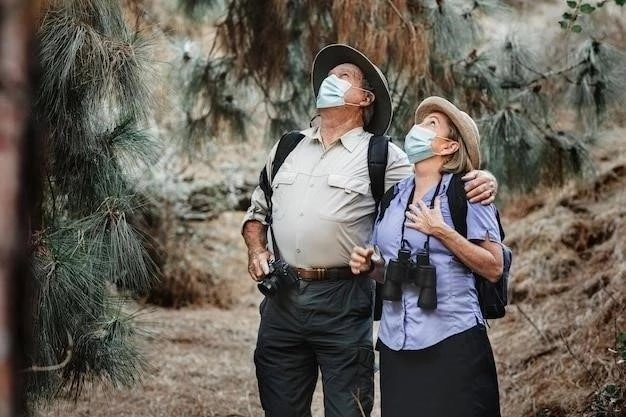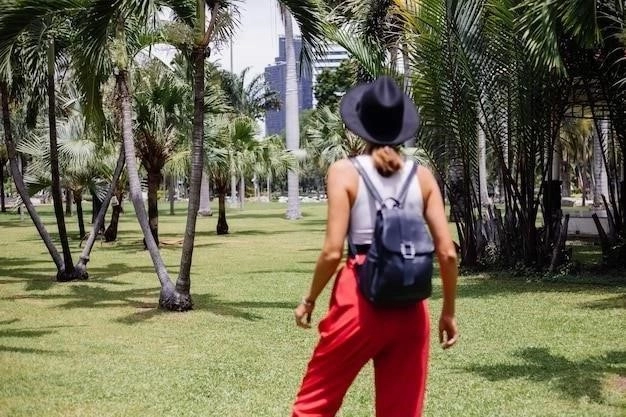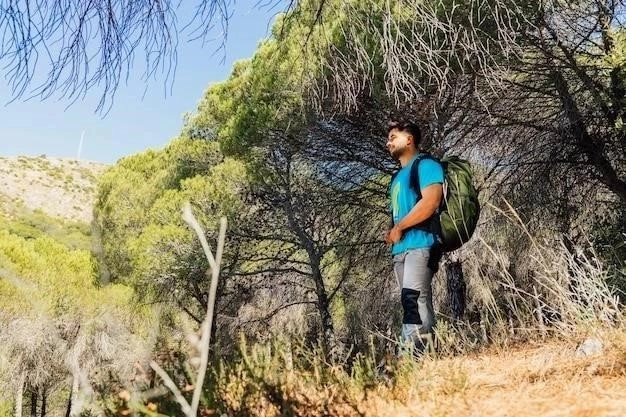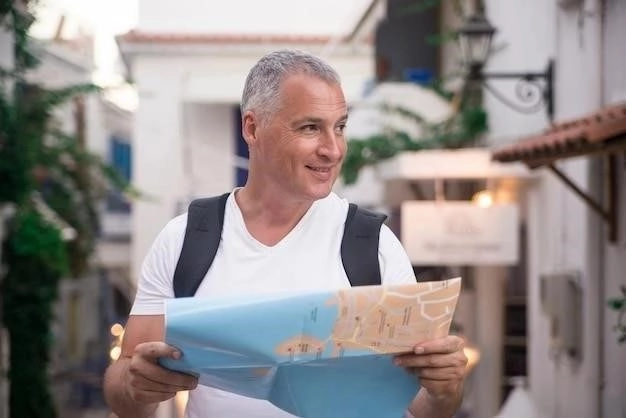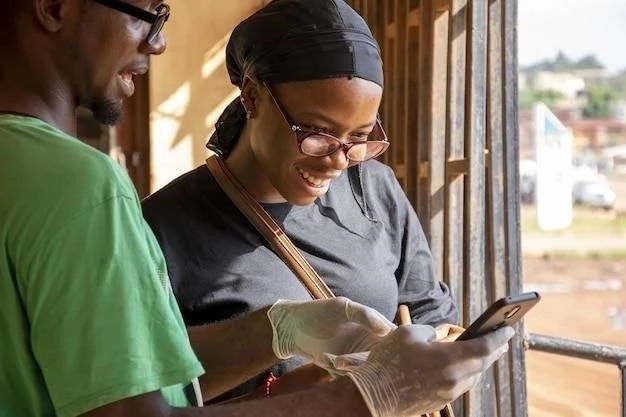Senegal Travel Guide 2024
Discover the captivating allure of Senegal, a West African gem. Explore vibrant Dakar, journey through history on Île de Gorée, and witness the beauty of Saint-Louis. Our guide provides comprehensive insights for planning an unforgettable Senegalese adventure.
Planning Your Trip
Embarking on a journey to Senegal requires careful planning to ensure a seamless and enriching experience. Begin by determining the purpose of your visit, whether it’s to delve into the country’s rich history and culture, relax on pristine beaches, or embark on an adventurous wildlife safari.
Once you have a clear vision, research the best time to visit based on your preferences for weather and budget. The dry season, from November to May, offers pleasant temperatures and coincides with the peak tourist season.
Next, establish a budget that encompasses flights, accommodation, transportation, activities, and visas. Consider the length of your stay and your desired level of comfort to determine an appropriate budget. Familiarize yourself with visa requirements and ensure your passport has sufficient validity remaining. It is advisable to consult with the Senegalese embassy or consulate in your home country for the most up-to-date information.
Visa Requirements and Entry Regulations
Before embarking on your Senegalese adventure, it is crucial to familiarize yourself with the visa requirements and entry regulations. Citizens of certain countries are eligible for visa-free entry for a limited period, while others may obtain a visa upon arrival at designated entry points. However, it is always recommended to verify the most up-to-date information with the Senegalese embassy or consulate in your home country.
To ensure a smooth entry process, ensure your passport is valid for at least six months beyond your intended stay in Senegal. You may also be required to provide proof of onward travel, such as a return ticket or itinerary, as well as evidence of sufficient funds to cover your expenses during your trip. Additionally, it is essential to comply with customs regulations regarding the import and export of goods.
For detailed and personalized information regarding visa requirements and entry regulations, it is advisable to consult the official website of the Senegalese Ministry of Foreign Affairs or contact the nearest Senegalese embassy or consulate.
Best Time to Visit
Choosing the optimal time to visit Senegal depends on your priorities and preferred travel experiences. The country experiences a tropical climate with distinct wet and dry seasons, each offering unique advantages.
The dry season, spanning from November to May, is characterized by pleasant temperatures, low humidity, and minimal rainfall, making it ideal for exploring bustling cities, relaxing on pristine beaches, and embarking on wildlife safaris. This period also coincides with the peak tourist season, so expect higher prices and increased crowds.
For those seeking a more immersive cultural experience and lower prices, the wet season, from June to October, can be a rewarding time to visit. While rainfall is more frequent, it is often in the form of short afternoon showers, leaving ample time for sightseeing and other activities. The lush vegetation and vibrant birdlife during this time create a unique and enchanting atmosphere.
Ultimately, the best time to visit Senegal depends on your individual preferences and tolerance for weather variations. Researching average temperatures and rainfall patterns for your intended travel dates is highly recommended.
Getting There and Around
Reaching Senegal and traversing its diverse landscapes is facilitated by a combination of air, road, and water transportation options. The primary international gateway is Blaise Diagne International Airport (DSS), located near Dakar, which serves as a hub for major airlines connecting Senegal to destinations worldwide.
Once you have arrived in Senegal, domestic flights are available for reaching other major cities, such as Saint-Louis and Ziguinchor. However, for a more immersive experience, consider utilizing the country’s well-maintained road network. Bush taxis, shared minivans, and private cars are readily available for intercity travel.
Within cities and towns, taxis are a convenient mode of transportation, but be prepared to negotiate fares. Alternatively, horse-drawn carriages, known as calèches, offer a charming and traditional way to navigate the streets. For shorter distances, consider walking or utilizing car rapides, shared taxis that operate along fixed routes.
Exploring Senegal’s coastal areas and waterways is best done by boat. Ferries connect Dakar to the historic Gorée Island and other destinations along the coast. Pirogues, traditional wooden canoes, are also a popular mode of transportation for exploring rivers and lagoons.
Accommodation
Senegal offers a diverse range of accommodation options to suit every taste and budget, from luxurious beachfront resorts to charming guesthouses and budget-friendly hostels.
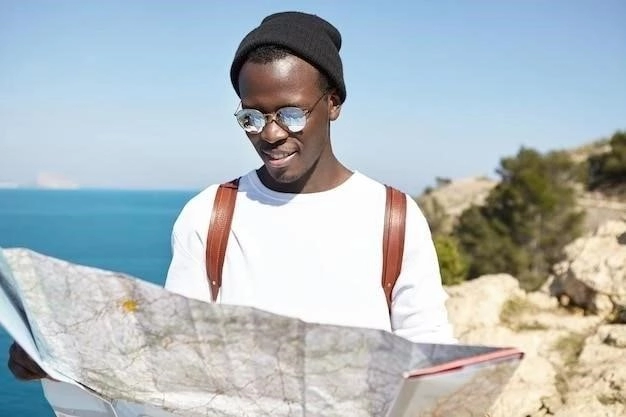
For those seeking a lavish escape, Senegal’s coastal areas boast an array of upscale resorts that provide unparalleled comfort and amenities, including private beaches, swimming pools, spas, and fine dining restaurants. These resorts are ideal for travelers seeking relaxation and indulgence.
In major cities and towns, international hotel chains and boutique hotels offer comfortable and convenient accommodations with a range of facilities, such as restaurants, bars, and business centers. These options cater to both business and leisure travelers.
For a more authentic Senegalese experience, consider staying in a guesthouse or campement. These smaller establishments, often family-run, provide a glimpse into local culture and hospitality. They typically offer basic but comfortable rooms and often serve traditional Senegalese meals.
Budget-conscious travelers can find affordable lodging in hostels, which are particularly popular among backpackers and solo adventurers. Hostels typically offer dormitory-style rooms and shared facilities, providing an opportunity to connect with fellow travelers.
Top Destinations
Senegal, a land of vibrant culture and captivating landscapes, offers a treasure trove of destinations for discerning travelers.
Begin your journey in Dakar, the bustling capital city, where modern skyscrapers stand in stark contrast to traditional markets and colonial-era architecture. Explore the historic Île de Gorée, a UNESCO World Heritage site, and delve into the poignant history of the transatlantic slave trade.
Venture north to Saint-Louis, a former colonial capital known for its charming blend of French and African influences. Stroll through the narrow streets lined with colorful buildings, and discover the city’s rich musical heritage.
For a tranquil escape, head south to the Casamance region, a verdant paradise of lush forests, meandering rivers, and pristine beaches. Explore the vibrant culture of the Diola people and experience the region’s unique traditions.
Nature enthusiasts will be captivated by the Djoudj National Bird Sanctuary, a haven for migratory birds, and the Langue de Barbarie National Park, a narrow peninsula renowned for its diverse ecosystems.
Dakar
Dakar, the vibrant capital of Senegal, is a captivating blend of modernity and tradition, where towering skyscrapers stand in stark contrast to bustling markets and colonial-era architecture.
Explore the Plateau district, the city’s historic heart, with its grand avenues, administrative buildings, and charming cafes. Visit the Presidential Palace, an imposing symbol of Senegalese statehood, and the Grand Mosque, a magnificent architectural masterpiece.
Immerse yourself in the vibrant atmosphere of the Sandaga Market, a bustling hub of commerce where you can find everything from traditional fabrics and crafts to fresh produce and spices.
Escape the city bustle with a visit to the Mamelles Lighthouse, perched atop a hill offering panoramic views of the Atlantic Ocean. For a dose of art and culture, explore the IFAN Museum of African Arts, home to a rich collection of West African artifacts.
In the evening, experience Dakar’s vibrant nightlife scene, with its lively bars, clubs, and restaurants offering a taste of Senegalese music, dance, and cuisine.
Île de Gorée
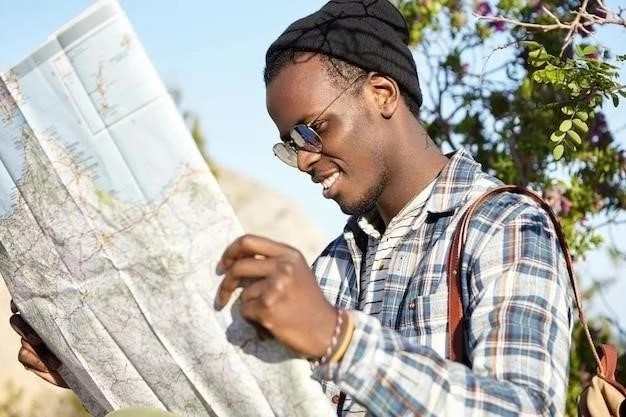
A short ferry ride from Dakar lies Île de Gorée, a small island steeped in history and designated a UNESCO World Heritage site. This tranquil island served as a major slave trading center from the 15th to the 19th centuries, and its legacy is a poignant reminder of the transatlantic slave trade’s horrors.
Visit the House of Slaves, a former slave trading house, and listen to the harrowing tales of those who were held captive within its walls. Reflect on the island’s somber past at the Memorial to the Abolition of Slavery, a poignant tribute to the victims of this dark chapter in human history.
Beyond its historical significance, Île de Gorée offers a tranquil escape from the bustling city. Stroll through the narrow streets lined with colorful colonial-era houses, adorned with bougainvillea and hibiscus flowers. Explore the island’s small museum, which showcases local art and crafts.
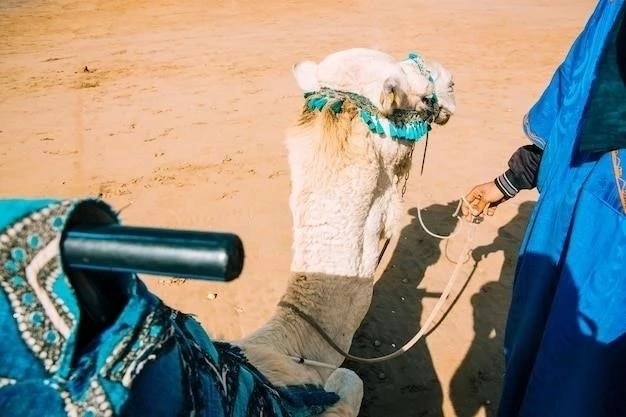
Enjoy a leisurely lunch at one of the island’s restaurants, savoring fresh seafood and Senegalese specialties while taking in the breathtaking views of the Atlantic Ocean.
Saint-Louis
Journey north to Saint-Louis, a captivating city located on an island at the mouth of the Senegal River. Founded in 1659, Saint-Louis served as the capital of French West Africa for over a century and played a pivotal role in the region’s colonial history. Today, the city is a UNESCO World Heritage site, celebrated for its well-preserved colonial architecture, vibrant culture, and unique geographical setting.
Explore the island’s historic quarter, with its narrow streets lined with colorful buildings, wrought-iron balconies, and charming courtyards. Visit the Governor’s Palace, a magnificent example of colonial architecture, and the Faidherbe Bridge, an iconic symbol of the city designed by the renowned French engineer Gustave Eiffel.
Immerse yourself in the city’s rich musical heritage at one of the many bars and clubs that showcase traditional Senegalese music, such as mbalax. Take a horse-drawn carriage ride through the city’s streets, soaking up the vibrant atmosphere and the sights and sounds of Saint-Louis.
Casamance
Escape to the Casamance, a region of southern Senegal renowned for its lush landscapes, vibrant culture, and tranquil atmosphere. Separated from the north by The Gambia, Casamance boasts a distinct identity shaped by its unique geography, history, and ethnic diversity.
Discover Ziguinchor, the region’s principal city, situated on the banks of the Casamance River. Explore the vibrant Saint-Maur des Fossés Cathedral, a testament to the region’s colonial past, and browse for local crafts and produce at the bustling central market.
Venture beyond Ziguinchor to explore the region’s natural beauty. Relax on the pristine beaches of Cap Skirring, a popular destination for swimming, sunbathing, and watersports. Discover the biodiversity of Basse Casamance National Park, home to a wide array of birdlife, monkeys, and reptiles.
Immerse yourself in the culture of the Diola people, known for their animistic traditions, intricate rice cultivation techniques, and distinctive musical and dance forms.
Culture and Customs
Senegal’s rich and vibrant culture is deeply rooted in its history, traditions, and ethnic diversity. Known for its warm hospitality, or “teranga,” Senegal welcomes visitors with open arms and a genuine desire to share their customs and traditions.
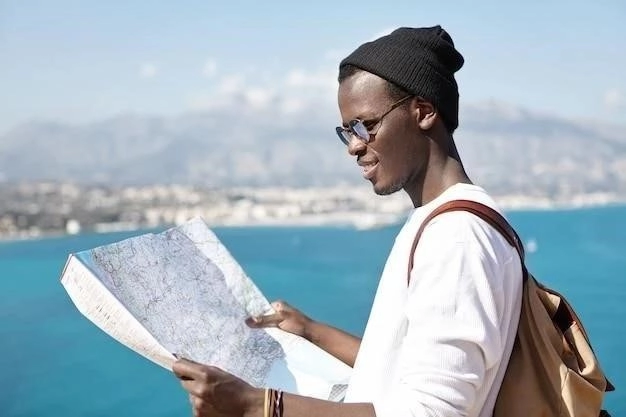
Family plays a central role in Senegalese society, and respect for elders is paramount. Greetings are an important part of social etiquette, and it is customary to greet individuals with a handshake and a polite inquiry about their well-being.

Islam is the predominant religion in Senegal, and its influence is visible in many aspects of daily life. Visitors should dress modestly, especially when visiting religious sites. It is also important to be mindful of prayer times and refrain from consuming alcohol or smoking in public during the holy month of Ramadan.
Music and dance are integral to Senegalese culture, and traditional performances, such as mbalax, are a vibrant expression of national identity. Attend a cultural event or festival to witness the energy and passion of Senegalese artists.

Food and Drink
Senegalese cuisine is a delightful fusion of West African flavors, French influences, and fresh, locally sourced ingredients. Prepare your palate for a culinary adventure that tantalizes the taste buds and leaves a lasting impression.
One of the most iconic Senegalese dishes is Thieboudienne, a flavorful fish and rice dish. Typically made with white fish, such as thiof or capitaine, it is marinated in a blend of herbs and spices, then cooked to perfection with rice, tomatoes, and vegetables in a rich tomato-based sauce.
Another culinary staple is Yassa, a tangy and aromatic dish featuring chicken or fish marinated in a zesty lemon-onion sauce. The marinade often includes mustard, garlic, and a touch of chili pepper, creating a burst of flavor that is both tangy and slightly spicy.
For a taste of Senegalese street food, be sure to sample Accara, deep-fried black-eyed pea fritters. These crispy and flavorful treats are a popular snack or appetizer and are often served with a spicy tomato sauce.
Safety and Health
While Senegal is generally a safe and welcoming destination for travelers, it is essential to prioritize your safety and well-being by taking necessary precautions.
Before your trip, consult with your healthcare provider regarding recommended vaccinations and necessary health precautions. It is advisable to carry a basic first-aid kit and any personal medications you may require.
As with any destination, it is wise to exercise caution with your belongings, particularly in crowded areas or on public transportation. Avoid displaying large amounts of cash or expensive jewelry, and be mindful of your surroundings.
Tap water in Senegal is not generally safe for consumption. It is recommended to drink bottled water, which is widely available. When dining out, choose reputable establishments and ensure that food is properly cooked.
It is advisable to purchase travel insurance that covers medical expenses, trip cancellation, and lost or stolen belongings. In case of an emergency, contact the local authorities or your embassy for assistance.
Money and Costs
The official currency of Senegal is the West African CFA franc (XOF). It is advisable to exchange currency at banks or authorized exchange bureaus upon arrival for the best rates. Major credit cards are accepted in larger hotels, restaurants, and some shops, but it is always recommended to carry some local currency for smaller expenses and transactions in more rural areas.
The cost of travel in Senegal can vary depending on your travel style and preferences. Accommodation options range from budget-friendly guesthouses to luxurious beachfront resorts. Local transportation, such as bush taxis and car rapides, is generally affordable.
Dining out in Senegal can be an affordable experience, particularly if you opt for local eateries and street food stalls. Expect to pay more at upscale restaurants, especially those in tourist areas.
It is customary to negotiate prices in markets and with street vendors. A polite and respectful approach is always recommended.
Sustainable Tourism
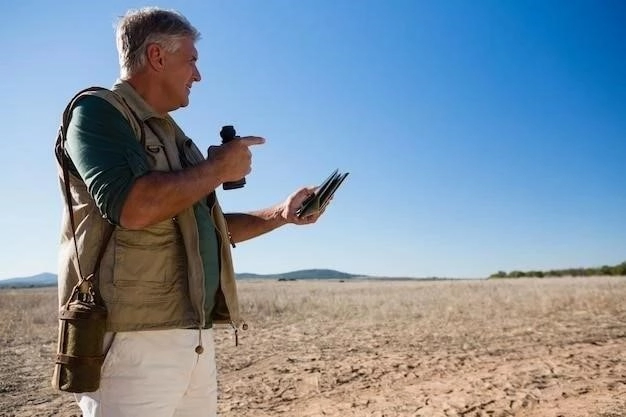
As a responsible traveler, embracing sustainable tourism practices is paramount to minimizing your environmental impact and maximizing the positive contributions of your visit to Senegal.
Consider supporting locally owned businesses, such as restaurants, guesthouses, and tour operators, to ensure that your tourist dollars directly benefit the local community. Seek out accommodations and tour companies that prioritize sustainable practices, such as energy conservation, water management, and waste reduction.
When exploring natural areas, such as national parks and reserves, respect the environment by staying on designated trails, refraining from littering, and avoiding any activities that could harm wildlife or their habitats.
Engage with local communities in a respectful and meaningful way. Learn a few basic phrases in Wolof or another local language, and show your appreciation for Senegalese culture and traditions. Consider purchasing souvenirs directly from artisans to support their craft and livelihoods.



